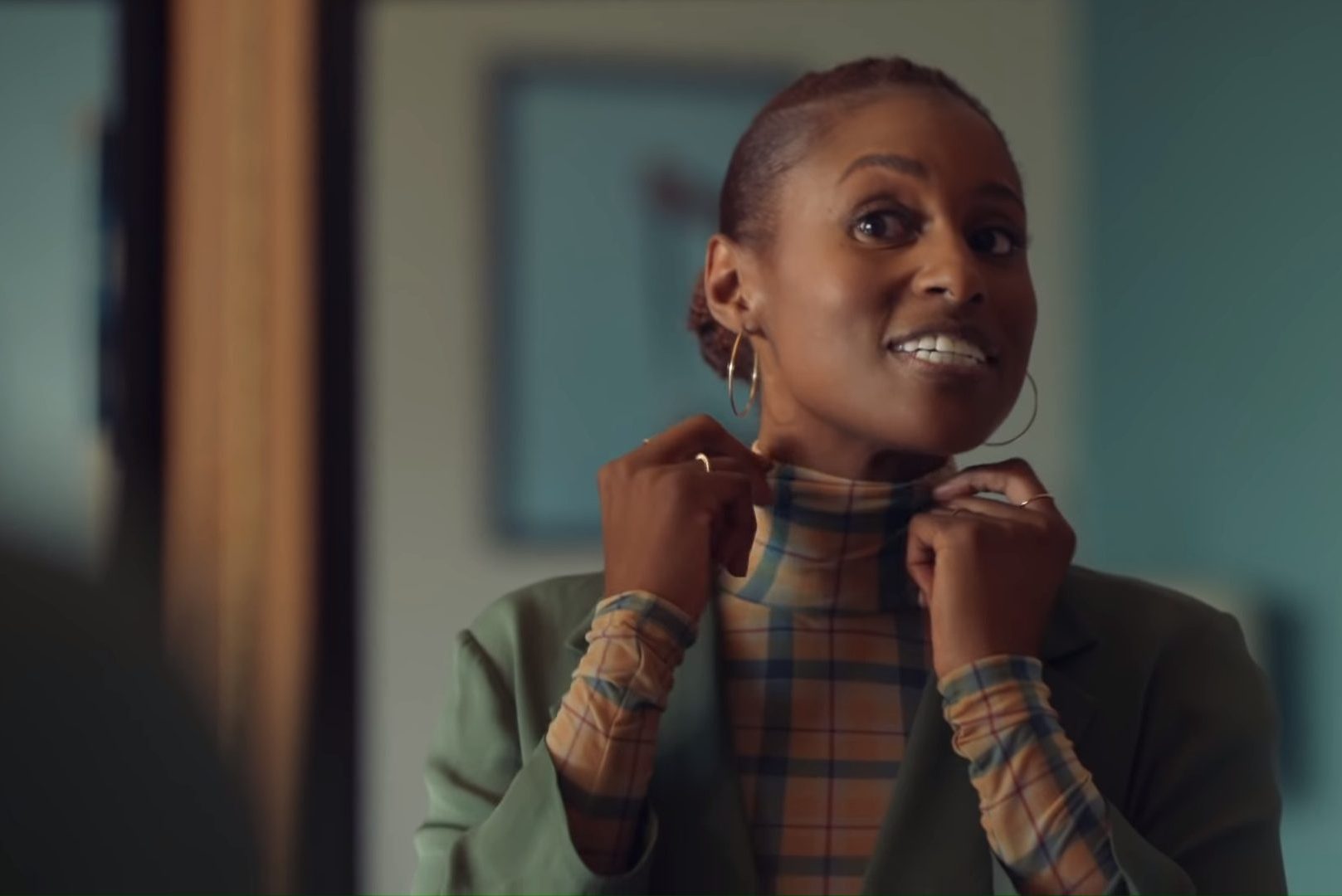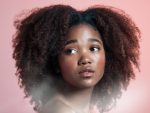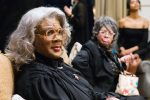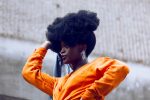For years Black writers in television have shared worlds of imagination with us. They’ve opened their minds to expose Black art through visual representation. Whether it be a painting, a novel or a script –– art is art. And Black writers create art that is transcending and relatable.
They are important.
When I was growing up, I was surrounded by television shows that were centered around white voices and narratives. For instance, “Lizzie McGuire,” “Hannah Montana,” “Even Stevens” and “Kim Possible“: they were all staples of my childhood, but they didn’t reflect my voice or depict stories that I could relate to.
Granted, I also had shows like “That’s So Raven”’ and “The Proud Family,” but those were only two Disney shows of the early 2000s in a sea of others.
The Black women and girls that I did see on screen were often side characters, like Monique from “Kim Possible” and Gabriella from “The Little Mermaid” TV series.
Although the roles were small, they meant something. They represented characters that looked like me, but even then, they weren’t major pieces to the story. The show could still go on without them.
Black writers are important because they create stories that cannot thrive without Black voices, Black representation, and Black characters. The story cannot go on without them.
They create characters like Penny Proud, Issa Dee, Elektra Abundance, Diane Johnson and Cookie Lyon.
They create true characters, not just Moniques without last names.
Black writers are important because their work features Black people. It is a reflection of different aspects of the community. For instance, Issa Rae is using her talent and sprinkling it into her well-received HBO series, “Insecure.”
No, not sprinkling — she is pouring a whole pot of magic into her show.
“Insecure” is a comedy-drama series that follows the main character, Issa Dee (played by Issa Rae), as she navigates the craziness of life, love and friendship.
Yes, those are three common, corny tropes in television and film, but Rae creates a world that is far from corny. The show reflects relatable situations in the Black community, such as colorism, which has plagued the community for years.
In one episode, Issa tells her best friend, Molly, that they need to go somewhere where they’re “the exotic ones.”
To every Black girl that has been looked over because of her looks, the complexion of her skin or the texture of her hair, I’m sure Issa’s comment felt relatable — not necessarily the part about actually going somewhere, but the idea of feeling like you’re not good enough.
Rae also touches upon issues regarding Black hair. In Season 2, Issa has a Tinder date with a guy named Felix. He doesn’t recognize her when first meeting her, though, because her hair is in her natural Mohawk style rather than in the long, braided extensions he saw on her Tinder profile. Obviously disappointed, he asks hopefully, “Are you going to change it back?”
As relatable as Rae’s work in “Insecure” is for millennials and Generation Z, she continues to add in cultural winks that Black people can relate to.
To some, the winks will fly over their heads as just meaningless lines, but others know exactly what she’s talking about. The nonprofit she works for, for example, is called We Got Y’all. There is significance behind those words to the Black community, so its use here is like a nod from Rae, telling us, “We got y’all.”
“Insecure” does so many things right. It casts Black actors of different skin shades and from different backgrounds, shows Black communities in Los Angeles and uses Ebonics. Her writing in the show is uncensored and feels like a break from the day-to-day code switching.
The series doesn’t just show you the streets of Inglewood or a street sign on Slauson Avenue; it brings you into actual Black neighborhoods. Issa doesn’t just talk about it; she shows you. Her character ends up showing a new LA resident, Nathan, the Black parts of her city, like Lemure Park. She tells him, “This is the home of Black businesses, Black art, Black food … Black everything.”
She even shows Nathan a bookstore that supports Black writers.
Another cultural wink Rae gives is when she tackles the question about Black people and swimming. When the nonprofit Issa works for takes some students to the beach, her co-worker asks why the Black kids aren’t swimming.
Issa bluntly responds, “Slavery.”
Many may not understand why she gave that response, but a look into Black history will give you all the answers you need regarding the drowning of slaves and the dumping of acid into Black swimming pools during the Jim Crow era.
Another screenwriter who, like Rae, tells relatable stories that reflect the Black community is Janet Mock. In her case, she tells the story of a community that is often forgotten and discriminated against by the Black community: the LGBTQ community.
In the FX hit drama “Pose,” Mock introduces viewers not only to the beauty of the transgender community, but to the struggle and dangers it faced in the ‘80s. In the poised and captivating series, Mock tells the stories of Black trans women in the 1987 New York ballroom culture of fashion competitions.
Before Madonna struck the scene with her ‘80s hit “Vogue,” a pop song that popularized voguing and ballroom dancing, ballroom sprang forth from the creative ideas of Black and Latino people. It was a way for members of the LGBTQ community to live loudly, express themselves and feel free in a world that never ceased to oppress them.
The show features Black and brown women from a variety of different backgrounds and skin shades. As for the storyline, Mock does not shy away from the hardships endured by the community.
With real transgender women playing transgender women, Mock does not water anything down. Her work touches on the transphobia, classism and racism against poor trans women of color. In Season 1, Episode 2, protagonist Blanca and her friend Lulu walk into a gay bar as white, muscular, upper-middle-class men stare them down and harass them.
The show also pays homage to key Black figures, like Alvin Ailey, an influential Black dance pioneer. One episode features the beloved character Damon dancing to Alvin Ailey’s “Revelations.” The dance school Damon attends is based on and filmed at the Ailey School of Dance.
Janet Mock is not only sharing relatable stories on screen, but she’s tying in real history as well as featuring real places. As a Black writer and activist, Janet Mock tells this story loud, proud and in your face. It is emotionally awakening and unapologetic.
Then there’s Kenya Barris, another Black writer. Though his series “Black-ish” and “BlackAF” may not be as emotionally awakening as Mock’s, they do show diversity within Black families.
A common stereotype Black people face is that because they’re Black, they automatically know the struggle, have been through some sort of financial hardship or they’re ghetto. As if crinkling up the paper with these stereotypes written on it and throwing it in the trash, Kenya Barris uses his work to show Black families thriving.
Both his shows feature Black parents doing well while still teaching their kids key lessons about being Black in America. His shows also touch on colorism; cultural history, like Juneteenth; Black hair; and the complications that mixed children face.
Whether writing fantasy, comedy, satire or drama, Black writers are important. Black writers tell Black stories. They create worlds that Black people want to engage in because we can see ourselves in them, not just through relatable stories, but through the casting of actors that look like us.
Black writers make Black people the story. We are the main characters with actual storylines that aren’t just made up to advance someone else’s.
















